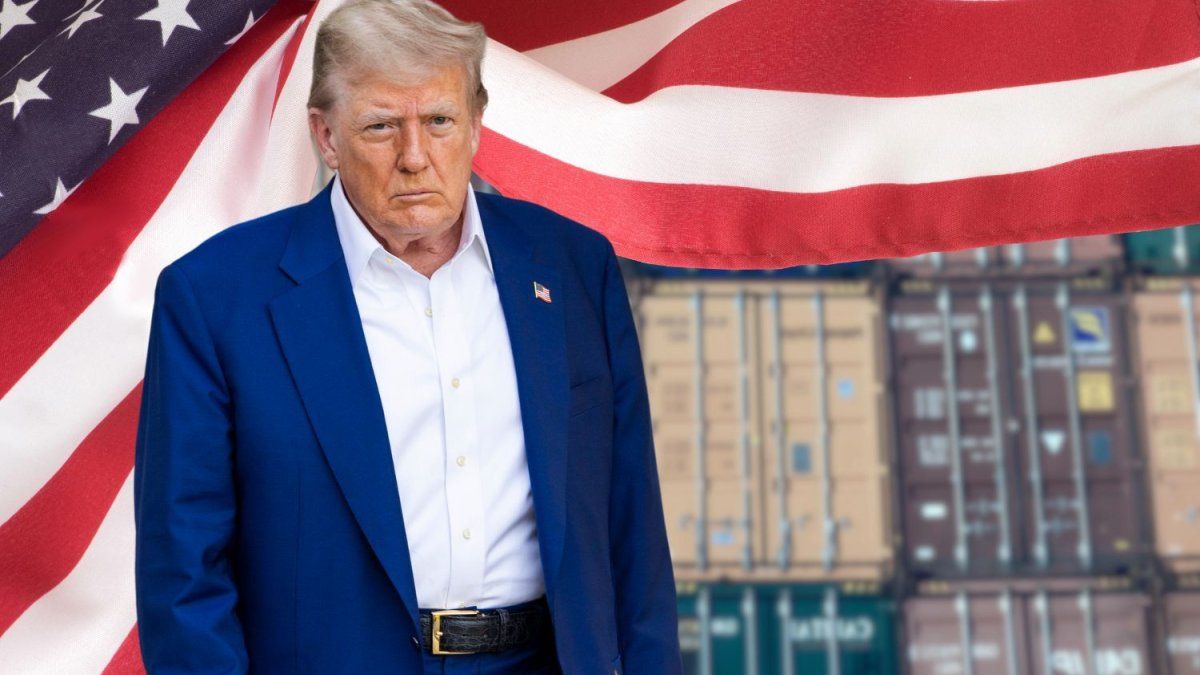China wants to start again after the end of the zero-Covid policy. But the world economy is weak. The rising power is heavily upgrading its military – and is under international pressure.
In the growing tensions in the world, China wants to increase its military spending by 7.2 percent. At the start of the annual meeting of the People’s Congress, Prime Minister Li Keqiang warned of increasing global uncertainties in Beijing on Sunday. In his report to the almost 3,000 delegates in the Great Hall of the People, Prime Minister Li Keqiang called for the modernization of the armed forces, which should “increase their combat readiness and improve their military capabilities”.
“Uncertainties in the external environment are on the rise,” Li Keqiang warned. As a growth target for the second largest economy this year, the prime minister cautiously set “around five percent”. The target for the previous year was 5.5 percent. But the target was missed by a long way due to the stresses of corona lockdowns, forced quarantines and mass testing. Only three percent could be achieved in 2022 – the second worst growth rate since 1976.
After the end of the zero-Covid policy three months ago, the prime minister expects the economy to recover significantly. However, he warned of unpredictability in the global economy and political pressure. “Global inflation remains high, global economic and trade growth is losing steam,” said Li Keqiang. “External attempts to suppress and contain China are escalating,” said the prime minister – an indirect reference above all to the United States, which Beijing accuses of wanting to hinder China’s rise in the world.
“Complex challenges” expected
A spokesman for the People’s Congress justified the increase in military spending with “complex security challenges” and China’s “responsibility as a great power”. In view of the increasing threats from Beijing against the democratic island republic of Taiwan, China’s disputed territorial claims in the East and South China Seas and increased rivalry with the USA, the accelerated expansion of the Chinese military is viewed with concern.
The prime minister firmly rejected Taiwan’s independence and called for “peaceful reunification”. “We Chinese on both sides of the Taiwan Strait are one family – connected by blood.” China regards the geostrategically and economically important island as part of the People’s Republic and is threatening to conquer it. Taiwan has long considered itself independent. Tensions have increased recently. Following Russia’s invasion of Ukraine, concerns are growing that China could take similar action against Taiwan.
In his hour-long report, the Prime Minister did not say a word about the Russian war of aggression against Ukraine. A week ago, China presented a position paper on the war that met with international disappointment because it showed no new initiative. There is also no indication that China wants to use its influence on Moscow. Since the beginning of the invasion, China has backed Russian President Vladimir Putin and portrayed the US and NATO as the main culprits.
Xi Jinping brings close confidants closer to him
The focus of the session of the People’s Congress, which lasts until March 13, is the formation of the new government. Party leader Xi Jinping will consolidate his power by promoting close confidants. At the party conference in October, the 69-year-old defied previous age and term limits and cemented his permanent leadership role. He is to be confirmed on Friday for a third term as president – something that has never happened before in China.
“If there are no alternative power structures and powerhouses at the highest level of the party, then that means Xi Jinping doesn’t hear any critical voices,” said Rory Truex, an expert at Princeton University in the US, on The China Project platform. He expressed his concern about too many “yes-men”: “It allows him to steer the country in any direction that suits him. We know where this leads: A personal dictatorship can get really ugly – Mao Tsetung was the archetypal example “, Truex referred to the chaos under the Chinese founder.
With the formation of the new government, the 67-year-old Premier Li Keqiang is retiring after two terms of office for reasons of age. He didn’t belong to Xi Jinping’s camp anyway. Former Shanghai party leader Li Qiang (63) has been chosen as the new prime minister, and his appointment is expected to be approved on Saturday. Xi’s longtime follower is said to have economic expertise. The deputy prime ministers and heads of the finance ministry, the powerful Reform and Development Commission (NDRC), the central bank, and the banking and securities regulators will also be replaced.
The government lost importance under Xi Jinping, said Nis Grünberg from the China Institute Merics in Berlin. “Politics are now increasingly being made in party organizations.” The State Council, i.e. the cabinet, is increasingly an “administrative branch” led by the party. Grünberg spoke of “a kind of administrative engine room”.
Source: Stern
I have been working in the news industry for over 6 years, first as a reporter and now as an editor. I have covered politics extensively, and my work has appeared in major newspapers and online news outlets around the world. In addition to my writing, I also contribute regularly to 24 Hours World.




